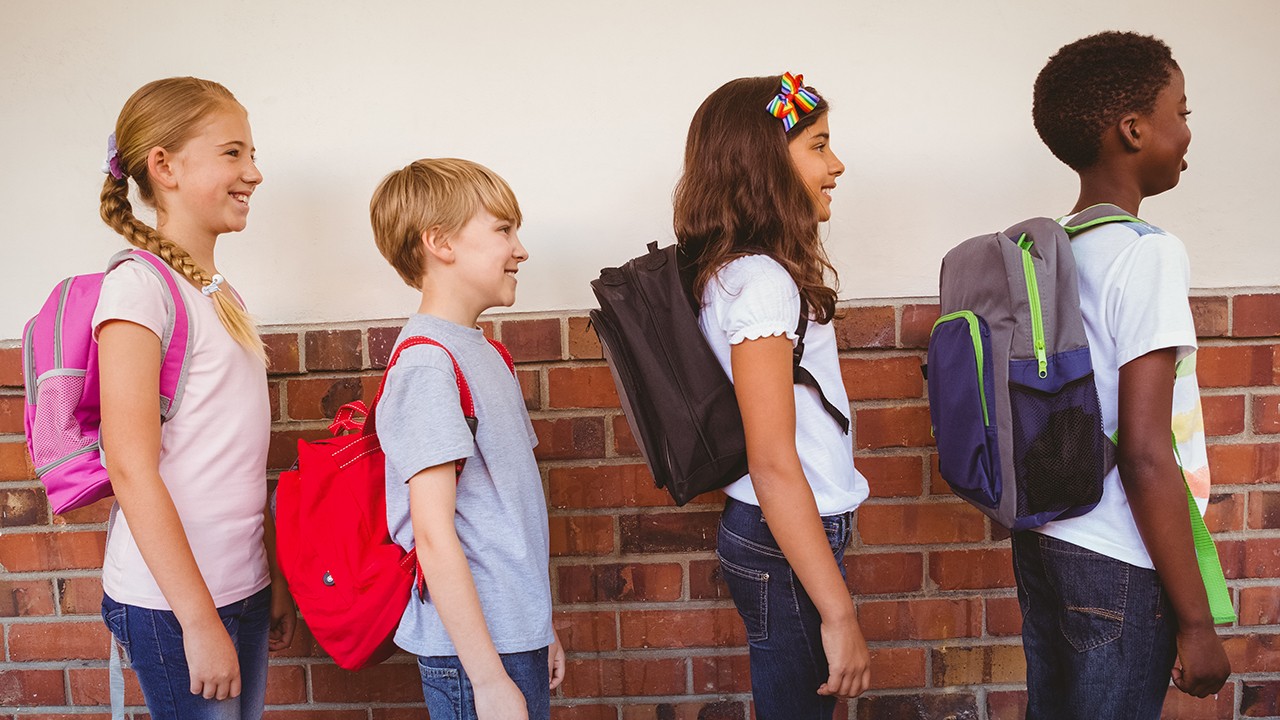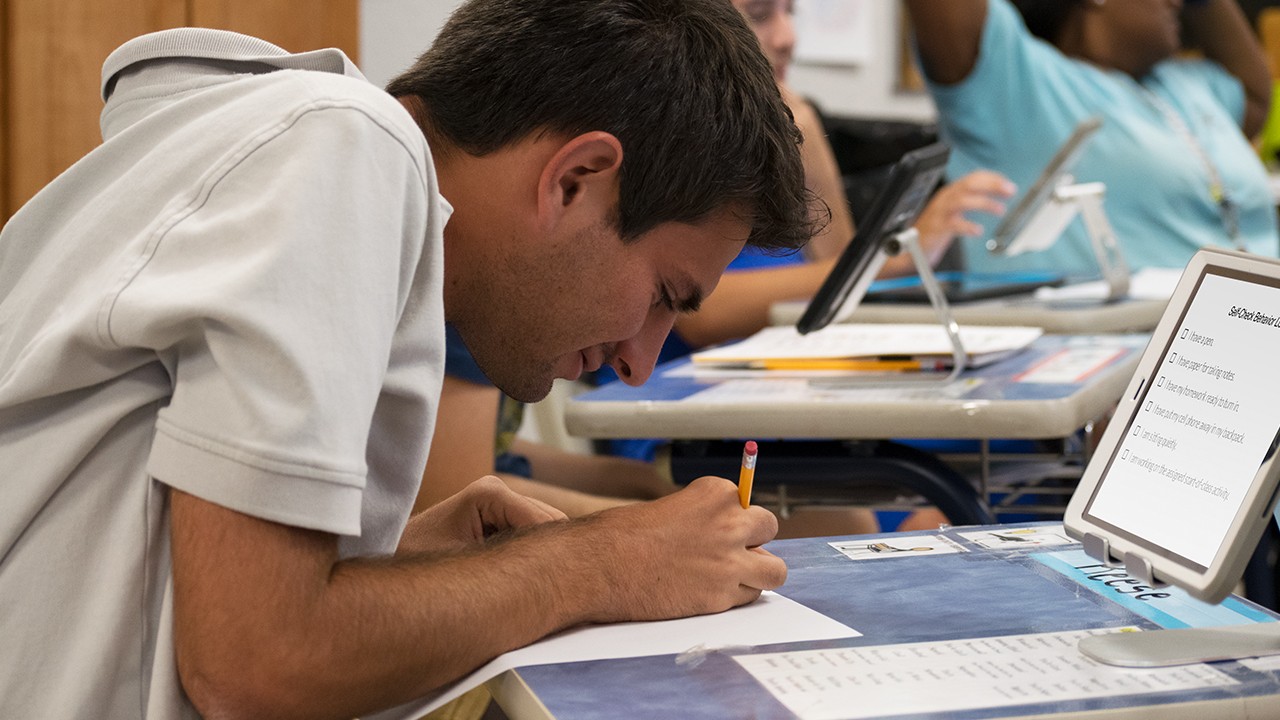The Individualized Education Program (IEP) is designed to meet a student’s educational needs. While an IEP can address behavior at school, there are times when an IEP is simply not enough. Students with behavior difficulties are often given more support through a Functional Behavior Analysis (FBA) and Behavior Intervention Plan (BIP) to help meet their behavior needs. Much like a behavior specialist would, let’s address the What, Who, When, Where and Why of the FBA and BIP.
What are FBA and BIP?
The FBA is a tool used by Behavior Specialists, Board Certified Behavior Analysts (BCBA) and Intervention Specialists to determine why a student misbehaves. The reason a student performs a behavior is called the function. All behavior serves at least one of these four functions:
- Get attention
- Get something physical
- Get out of something
- Get sensory stimulation
The FBA will collect data to find the function of a behavior through surveys, observations or test trials to see what makes the behavior occur and what makes it stop. The information is then used to decide which function this behavior is serving. Parents must give their consent to an FBA.
The BIP is then created by the team to address the negative behavior and teach a positive behavior. This replacement behavior will always meet the same need as the negative behavior but in a more appropriate way. For example, if a student is talking out in class as a means of escaping the classroom to take a break, the team might teach the student to use a break card instead. The student would use this card to take a break, and get the needed escape, instead of talking out and disrupting the class.
Who participates in an FBA and BIP?
A behavior specialist will consult with a team made up of the student, an intervention specialist, a regular education teacher, parents, caregivers, classroom aides and a district administrator to determine the function of the negative behavior and create a plan to teach the student a positive behavior.
When does a student need an FBA and BIP?
A behavior specialist is brought onto the team after teachers and intervention specialists have exhausted their own strategies for managing the student’s behavior. These strategies include incentive systems, classroom management techniques, behavior contracts, accommodations in the classroom, sensory tools and other proactive approaches.
Where does an FBA occur?
The FBA is developed based on observations throughout the school environment. The behavior specialist will start by observing the student in the place the behavior happens most often. The team might also move the student out of that environment to see if the behavior occurs in a different setting.
Where is the BIP taught?
A best practice is to teach the student the positive behavior in the environment where they will be using it. However, it is sometimes necessary to teach the behavior one-on-one in a pull-out room to give the student extra practice so they are able to succeed in a less stressful environment.
Why are FBAs and BIPs important?
Addressing a behavior problem in a student with a disability is often not a matter of won’t but a matter of can’t. The FBA and BIP aim to teach rather than punish. By identifying the function of the behavior, the team is able to see why a student is misbehaving and can take steps to help improve behavior in the classroom. These two tools are often more effective for students because their sole purpose is to teach the student to be proactive in their choices and stop an unwanted behavior before it has a chance to occur.



